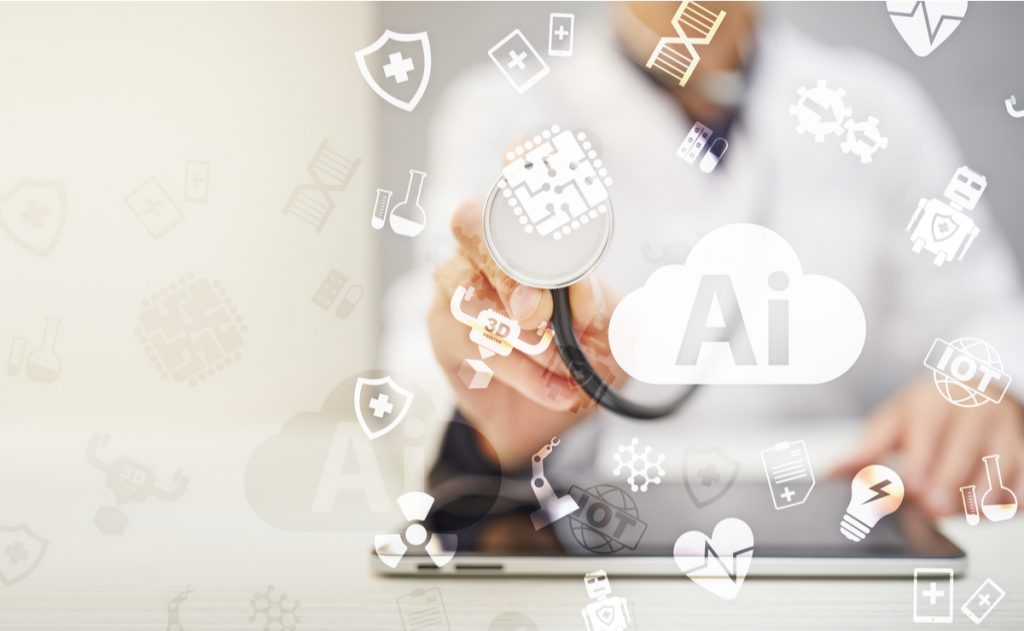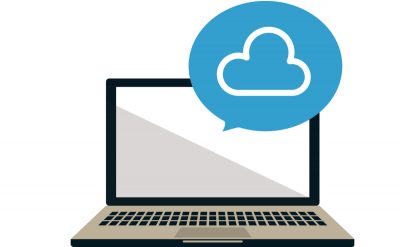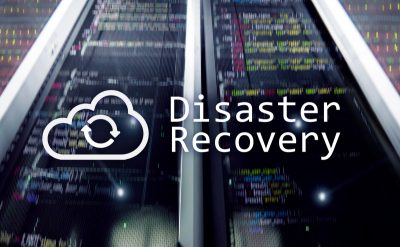Relationship of cloud and healthcare – let’s take a look
Across the world’s busiest hospitals, there is one magical hand working continuously: cloud computing. It plays an important role in keeping the hospitals operating without a hitch; it’s being accessed by patients to review their recent lab data; it analyzes unstructured data from years to help doctors make the right diagnosis.
The technology sector is continuously evolving, majorly in the highly competitive healthcare industry. Several hospitals have already accepted these enhanced changes by including electronic health records (EHRs).
EHRs are a digital paper mandated by the Health Information Technology for Economic and Clinical Health Act (HITECH) and imposed by the American Recovery and Reinvestment Act of 2009 (ARRA).
This is how the future of technology in the healthcare industry looks like. And today, many companies are ditching their siloed data systems in exchange for cloud computing.
Cloud computing technology is on the rise in the healthcare industry –
According to the report published by BCC Research, the global healthcare cloud computing industry is anticipated to account for about USD 35 billion by 2022, increasing at an 11.6% CAGR from 2017 to 2022. More than 83% of healthcare industries worldwide use cloud technology for their business operations in today’s date. Thus, COVID-19 has only reinforced this trend.
So, what is the reason behind this growth? The answer is: cloud computing solutions offer various benefits to everyone. Patients can access their data anytime from home and make healthcare operations even more convenient and cost-efficient. Thus, it helps in accessing big medical data from unstructured data whenever physicians and nurses need it.
Is this a moment for your healthcare company to make a move to the cloud?
How is cloud technology healing healthcare – let’s take a sneak-peek
The following seven reasons will assist you in understanding why you should hasten your shift to the cloud right now:
1. Access to novel telehealth capabilities
Many healthcare providers are looking forward to new technology to make their work easy-peasy. Therefore, more physicians are adopting telehealth (another buzzword in the town) to connect and consult patients from the comfort of their homes. By moving present applications to the cloud, it gets more comfortable for patients to access telehealth services, test results, schedule a visit, and pay for the visit. Thus, ensuring smooth integration with the relevant EHRs.
2. Streamlined access to patient data
When there was no cloud, it was a slow and tedious process to find patient data copies. Today, using a reliable cloud migration process helps get all records at fingertips – the job is made easy for doctors and patients! This is because the patient information is centralized, which, thus, helps doctors access information anytime and from anywhere.
The cloud migration process makes it easier for the doctors to collaborate too.
For instance, patients might have visited different doctors for different reasons, such as a family doctor, dentist, and some other specialist, thus the data is scattered. Cloud technology synchronizes the scattered data shared across offices in real-time, and, in that case, it doesn’t matter where the doctor is located.
3. Access to true data interoperability
Internet-of-things (IoT) plays an important role in connecting patients to their doctors. Thus, a rising number of healthcare providers offer IoT-enabled devices such as wearable heart monitors or ingestible sensors. This helps doctors to stay connected with patients and offer more personalized medical care.
For instance, using Google’s Cloud Healthcare API, Fitbit users could share health data with their healthcare professionals. Thus, it gives the doctor a clear picture of the patient’s health.
4. Advanced security of sensitive patient data
Compared to earlier data storage, healthcare professionals have found a more enhanced security alternative – outsourcing data storage to HIPAA-compliant cloud managed services. These services offer data storage of patient EHRs that obey legally mandated obligations for data security and compliance. Further, it ensures healthcare providers can gain access to a cloud solution that protects confidential data.
5. Intelligent use of big data to treat patients and enhance outcomes
Thanks to the cloud, healthcare professionals’ dream came true, and the job was made easy by storing dozens of data in one place instead of different locations.
Machine learning and complex computer algorithms play an important role in analyzing data. Further, it helps healthcare professionals better understand and respond to patients’ conditions that were earlier unnoticed.
6. Reduced data storage and management costs
Using cloud helped hospitals to reduce the overhead costs associated with IT and hardware staff. Healthcare organizations subscribing to the cloud do not need a massive in-house computer network, as it is centrally hosted on service providers’ servers.
For instance, about 88% of healthcare organizations have observed an approximately 20% drop in IT-related expenditures because they use healthcare ERP (enterprise resource planning) in the cloud.
7. Enhanced backup abilities and safety from data loss
A report published by Gartner Group states that about 43% of companies had to shut shop due to the loss of computer records. About 51% of companies permanently closed within two years of business. There are only about 6% chances of survival. Data loss is bad news, no matter what industry you are in.
This statistical analysis begs the question: are you prepared if something threatened your organization’s data? For instance, the hurricanes that destroyed the Florida, Gulf Coast, and Puerto Rico during the summer are reminders of this threat, after they wreaked severe destruction to the hospital IT infrastructures.
With disaster recovery services, remote cloud deployments can be used to backup hospital data regularly. Also, it protects a patient’s essential information and records from data loss during a cyberattack.
Example:
One of the best examples is the Microsoft Azure cloud computing system, which is exclusively used in the healthcare industry. This cloud computing system could offer on-demand simple access to healthcare data and applications. Using Platform as a Service (PaaS) environment, Microsoft offers providers an advanced service to supply storage, networks, and servers.
Microsoft Azure follows the data protection and privacy laws outlined in the HITECH Act and the HIPPA. This system also meets the Cloud Security Alliance (CSA) and Governance, Risk, and Compliance (GRC) criteria.
Wrap up….
With so many advantages around cloud adoption, several healthcare professionals are moving their important healthcare processes to the cloud, that includes:
- Data computing and analysis
- Health data exchange
- Disaster recovery and business continuity
- Patient engagement
- PACS (picture archiving and communication system) storage
- Back office solutions
Enhanced technologies such as IoT, machine learning (ML), and artificial intelligence (AI) are present on a cloud platform. Thus, its utilization will drive a new wave in the healthcare industry.
If your healthcare organization hasn’t adopted this solution yet, then why wait? Heal your organization and synchronize your data using cloud technology.
For more such content on cloud computing and cloud solutions, download our latest whitepapers Cloud solutions .













![[Things to Know] Before Selecting Cloud Solutions](https://d2qt3hjxf3fk7j.cloudfront.net/wp-content/uploads/2020/02/13083906/Cloud-Solution-400x247.jpg)